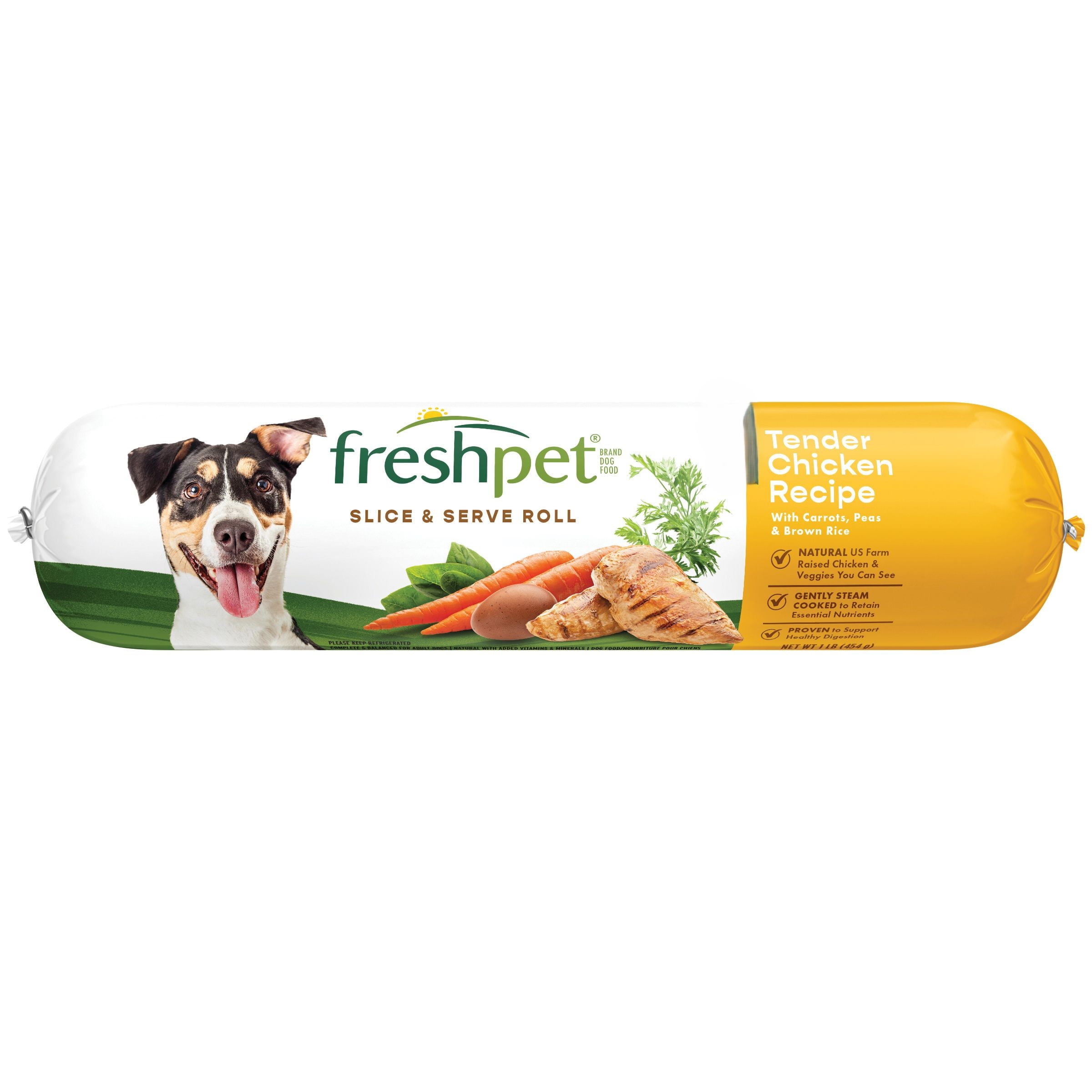Blitz News Digest
Stay updated with the latest trends and insights.
Feeding Fido: The Surprising Truth About Pet Food Ingredients
Uncover the shocking truths behind pet food ingredients! Is your furry friend's diet really what you think? Find out now!
What Really Goes into Your Dog's Bowl? Understanding Pet Food Ingredients
As a responsible pet owner, understanding what really goes into your dog's bowl is crucial for their health and well-being. Pet food ingredients can vary dramatically between brands and formulas, making it essential to read labels carefully. Many commercially available dog foods contain a mix of animal proteins, such as chicken, beef, or fish, which are vital for your dog's muscle development and overall energy levels. Additionally, carbohydrates derived from grains and vegetables provide the necessary fuel for active canines. However, not all ingredients are created equal. Some low-quality pet foods may include fillers and artificial additives that offer little to no nutritional value.
When choosing the best food for your furry friend, it's important to be aware of specific components that can affect their health. For example, preservatives are often added to prolong shelf life, while meat by-products can be a source of confusion for pet owners. These ingredients may point to lower quality, as they can include less desirable parts of animals. Always look for clear labeling—preferably with whole, named ingredients and few additives. Furthermore, consulting with a veterinarian can help ensure your dog's dietary needs are fully met, allowing you to choose a high-quality pet food that supports their long-term health.

The Hidden Dangers: What to Look for in Pet Food Labels
When it comes to choosing the best food for our furry companions, understanding pet food labels is crucial. Many pet owners are unaware that not all ingredients are created equal, and misleading terms can often mask unhealthy contents. Look for labels that include a definitive source of protein, such as 'chicken' or 'beef,' rather than vague descriptions like 'meat by-products.' Additionally, be cautious of chemical additives and artificial preservatives, which can have detrimental effects on your pet's health. To better navigate pet food labels, familiarize yourself with typical ingredients that indicate lower quality, such as fillers like corn and wheat.
Moreover, always check for guaranteed analysis, which provides essential information about the product's nutrient content. Keywords such as “complete and balanced” should be verified by an AAFCO statement, ensuring the food meets nutritional standards. In contrast, vague marketing phrases could lead you down a path of unknowingly fueling health issues. Additionally, watch out for allergen triggers in the ingredient list, especially if your pet has a history of food sensitivities. By paying close attention to these critical aspects of pet food labels, you can make informed decisions and prioritize your pet's health.
Are Grain-Free Diets Safe for Your Dog? Debunking Common Myths
As dog owners, we often seek the best diet for our furry friends, and the rise of grain-free diets has sparked much debate. One common myth is that grain-free diets are inherently healthier for dogs. While some dogs may benefit from such a diet due to specific health issues like allergies or sensitivities, it is crucial to recognize that not all dogs require a grain-free option. In fact, grains can provide essential nutrients and fiber that contribute to a balanced diet. Before making any dietary changes, it’s essential to consult with your veterinarian to determine the best food choice for your dog's unique needs.
Another prevalent misconception is that grain-free diets can help prevent heart diseases in dogs. Recent studies have suggested a potential link between grain-free diets and certain types of heart disease, such as dilated cardiomyopathy (DCM). However, the direct causes of DCM are still under investigation, and it’s important to not jump to conclusions based solely on anecdotal evidence. Instead of eliminating grains entirely, focusing on a well-rounded, nutritionally complete diet tailored to your dog's requirements is crucial. Always aim for food that meets the standards set by the Association of American Feed Control Officials (AAFCO) to ensure your dog receives all the necessary nutrients.